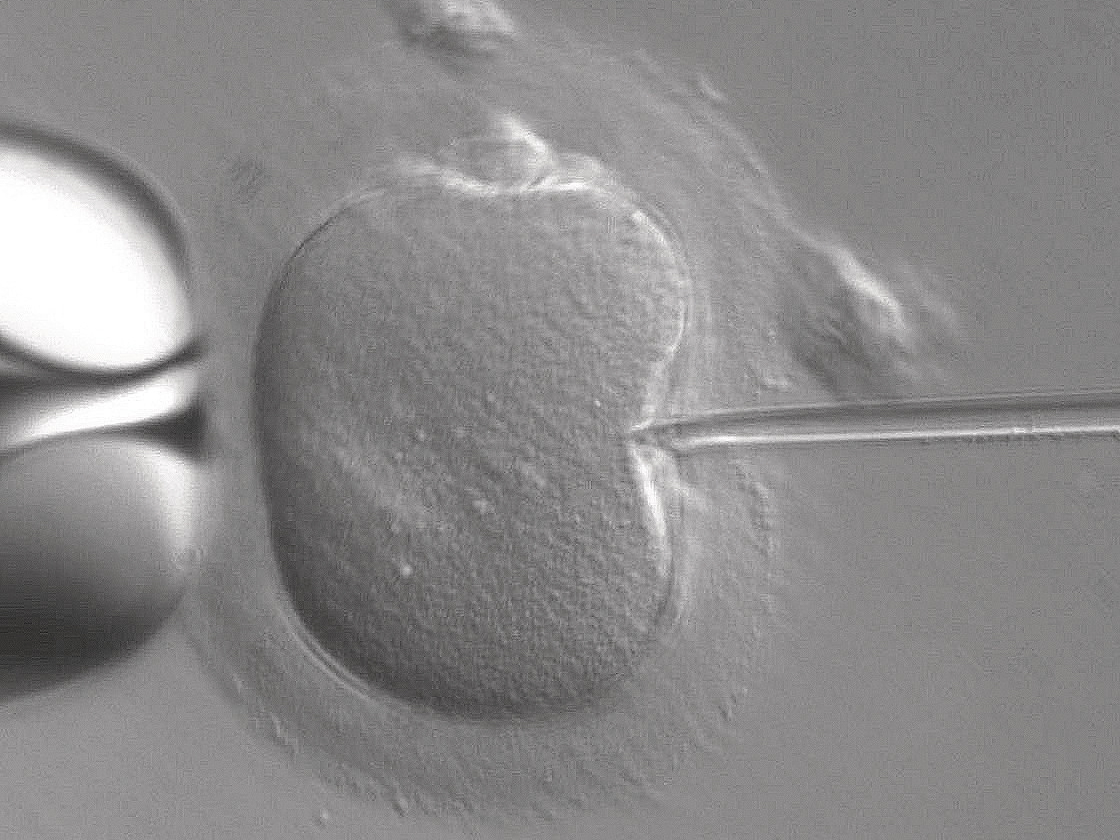

This past February, the United Kingdom became the first country to legalize mitochondrial replacement therapy (MRT), also known as mitochondrial DNA replacement, which can be used to make “three-parent babies.” Proponents of MRT point out that the therapy can mean that mothers with mitochondrial diseases, such as muscular dystrophy and various types of organ failure, won’t pass those diseases along to their children. Others argue that MRT creates a slippery slope towards the fraught “designer babies,” or are concerned that destroying embryos is unethical.
But the U.S. is nowhere close to legalizing MRT. In a country as enterprising as ours, why are others beating us to the regulatory punch? In an article published today in Science, bioethicists weigh in on why the U.S. is still lagging behind the Brits.
They’ve got a whole regulatory agency making laws for it. The study authors note that the British Human Fertilisation and Embryology Authority see MRT as a “circumscribed outgrowth of related and highly familiar technologies (e.g., in vitro fertilization),” instead of as a therapy under the FDA’s jurisdiction. By having specific idea of what MRT is actually for, regulators can create a legal framework to fit.
We’re more skittish about research with human embryos. In the U.S., public funding for research on human embryos is tangled in a messy political and religious debate about abortion (remember the whole stem cell controversy?). That means that work like MRT is progressing more slowly than in places like the U.K. where it’s legal to do research with an embryo for up to 14 days after it has been fertilized (comparable research in the U.S. is largely self-regulated within the research community, not by government regulation).
We use different types of evidence to reach our conclusions. British regulatory agencies use surveys and workshops conducted over the course of several months before coming to a decision, whereas American legislators mostly rely on experts, who tend to be less objective.
In the U.K., MRT is a source of national pride. The paper authors hypothesize that this fact may have caused regulators to be more lenient. This same pride doesn’t exist in the U.S., though a number of American researchers have contributed significantly to the process.
As MRT becomes increasingly likely in the U.S., the authors note that maybe it’s time to reopen the debate about government regulation for reproductive technologies, though they admit that public opinion (even within the scientific community) varies widely. Maybe we’ll end up back where we started, with a finite amount of government control over scientific research, and it’s almost guaranteed that that debate will boil down to the pro-life/pro-choice debate. Still, the authors write, technological advances warrant at least a conversation.
